Most entrepreneurs are faced with such a thing as a tax audit. According to the Tax Code of the Russian Federation, the relevant authorities must monitor compliance with mandatory payments. Tax control measures are applied in different cases. In order to identify violators, regulatory authorities are allowed to use any means that do not contradict the Constitution. Often there are situations when inspectors do not have enough information to make a decision. In this case, additional tax control measures will be carried out.
Tax audit
According to Art. 32 of the Tax Code of the Russian Federation, the relevant authorities are obliged to control the process of paying taxes, as well as compliance with the adopted regulatory legal acts. This provision is carried out through checks. Tax control - the activities of regulatory bodies to comply with relevant legislation, timely payment of mandatory payments by individuals and legal entities. This kind of control is carried out using tax audits, inspection of the premises or territory, which are used for profit, audit reports and other methods provided for by the Tax Code.
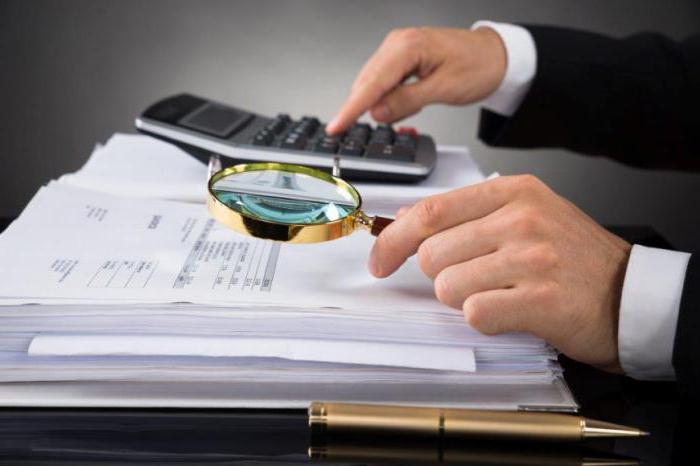
Measures of tax control should be considered as a means to achieve the main goal - control. They are expressed in the actual actions of state bodies to identify defaulters. There are several types of such events:
- demanding the necessary information and documents;
- inspection of the territory and premises used to generate income;
- interrogation of a witness;
- expertise;
- involvement of a specialist or translator;
- inventory.
Measures of tax control are carried out in the implementation of relevant audits, which are divided into two types: office and exit.
Office tax investigation
This type of control applies to those taxpayers, tax agents and other persons who are required to submit a declaration to the relevant authorities. The peculiarity of a desk audit is that its implementation does not require confirmation of the head of the tax institution. The basis for it is the submitted tax return. The audit is carried out at the location of the regulatory authority within three months from the date of submission of documents.
Each taxpayer must file a tax return with the appropriate institution, unless otherwise provided by law. This situation is recorded in Art. 80 Tax Code of the Russian Federation. This obligation is caused not by the amount of payment, but by the condition of the law that the payer for a particular type of tax must submit a declaration. Lack of payment does not exempt from this duty.
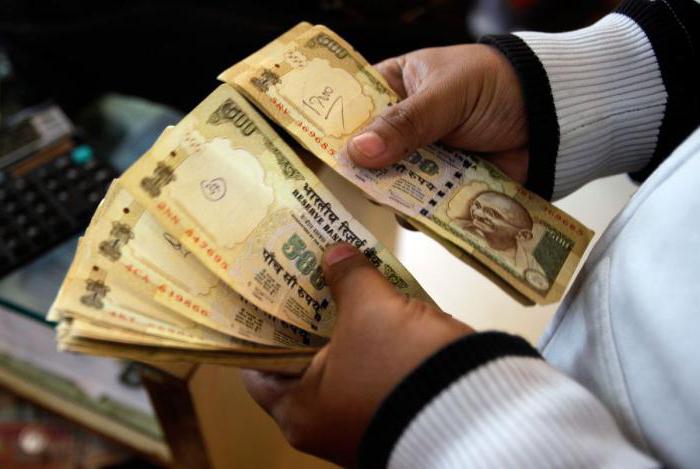
Tax returns, as well as other documents that are submitted by the taxpayer or available to the relevant authority, are the basis for the implementation of this type of investigation, as a desk audit. Tax control measures here are represented by the reclamation of documents, which is the main procedure, as well as the interrogation of a witness or an examination.
Field inspection
This is a more specific type of control that is carried out in relation to one taxpayer for a certain tax. The basis for such verification may be a doubt in the correctness of the calculation and timely payment of mandatory payments. Field control is carried out on the territory of the payer.In cases where the premises or territory used for profit cannot be provided for verification, the investigation is carried out at the location of the relevant authority. The decision on control is made by the head of the tax institution or his deputy.
The measures of tax control during tax audits, including field audits, may be carried out as follows:
- Requiring the necessary documents. The taxpayer must familiarize inspectors with the originals of papers and declarations related to the accrual and payment of taxes. This procedure is carried out on the territory of the payer.
- Conducting an inventory.
- Inspection of the necessary premises and territories used to generate income.
- Engage an expert if additional information is required.
- Interrogation of a witness who has information relevant to the on-site tax audit.
- Engage a translator or specialist.
Why are additional events scheduled?
At present, a situation is often encountered where the regulatory body during the verification process could not obtain the necessary information to make a decision. But this does not mean that inspectors can no longer receive information about this enterprise, and after the investigation it will all be over. For these purposes, apply additional tax control measures.

The main objective of these procedures is to confirm or refute the commission of an offense. The inspectors may collect the missing information only as part of the taxpayer activity that was considered during the main audit. It is important to note that these measures are not aimed at detecting new violations, but at a thorough investigation of the already identified ones.
The payer learns about the purpose of such events during consideration of the results of the audit or a few days after them. The implementation of additional procedures is an intermediate result of the investigation, during which it is necessary to find out whether an offense has been committed.
Additional activities. Document Claim
Additional tax control activities are divided into three types: requesting documents, examining a witness and conducting an examination. The first of them is the most common and discussed. There are many examples of the implementation of such a procedure. In most cases, the court takes the side of the tax authorities. Only occasionally the payer wins the business, and for this he needs to try hard.
Consider a simple example. The company submitted a tax return to the supervisory authority, as a result of which a desk audit was appointed. During the investigation, no decision was made, so additional measures were announced. The company was asked for primary documents, but the organization’s management refused to provide them. The court ruled that the case must be reviewed.
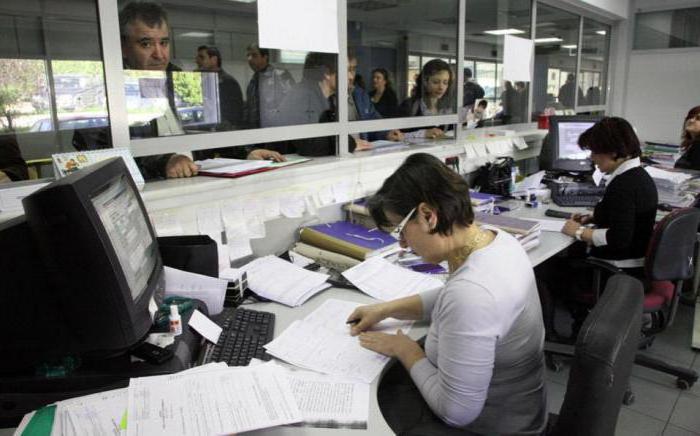
But why is this decision made? The fact is that in cases where the regulatory body during the desk audit did not reveal any errors and inconsistencies, it has no reason to request documents. Although in practice, inspectors even in this case require a report. The organization of tax control measures is not always carried out according to all the rules, and in order to avoid an unfair decision, the taxpayer needs to know his rights.
Interrogation of witnesses
In Art. 90 of the Tax Code says that one of the additional measures of tax control is the examination of witnesses. It should be noted that any person who possesses information relevant in this case can be called to testify. There are some restrictions on calling witnesses; they cannot be:
- persons who, due to age or physical and mental disabilities, are not able to correctly perceive information;
- persons who have received the necessary information in the process of professional activity, for example, a lawyer.
A person has the right to refuse to testify only on the grounds provided for by the legislation of the Russian Federation. The most common excuse for refusal is art. 51 of the Constitution: no one should testify against himself, his spouse or close relatives.
For taxpayers, the question often arises: can people be called to testify during the suspension of the on-site inspection? Moreover, most of them believe that tax authorities do not have the right to do so. However, they are mistaken.
In the course of tax control, there are a huge number of reasons to suspend the audit. But in the legislation of the Russian Federation there is no clause which prohibits at this time to question witnesses. Supervisory authorities have the right to call to testify people who have the information necessary to make a decision in a particular case. Thus, even during the suspension of the inspection, witnesses may be questioned.
Expertise
Engaging an expert is the last of three possible side events. It is prescribed if special knowledge in any field is required to detect a violation. An expert is selected in each case, and he is taken to work on a contractual basis. An inspector who performs an on-site inspection has the right to attract a specialist.
To do this, a decision is made on the appointment of an examination, which indicates the name of the professional and the name of the enterprise where it will be conducted, as well as the issues that he must resolve and the materials provided to him. An official must familiarize the payer with this provision.
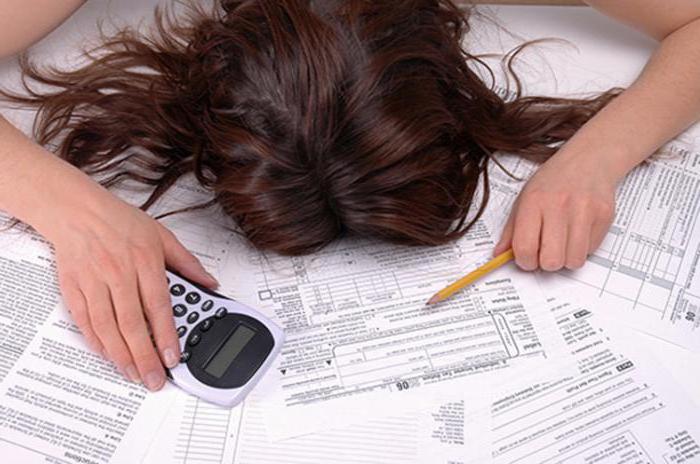
In some cases, a second examination may be ordered. If a sufficient number of circumstances were not identified, or the first expert was incompetent. Most often, the examination is carried out at the insistence of the tax authority. However, the taxpayer has the right to conduct an independent investigation, and submit the results to the court.
Conducting tax control measures are aimed at detecting offenses related to untimely payment of taxes or their incorrect calculation. Additional measures in the form of demanding documents, interrogation of witnesses and examination are intended to clarify the situation and help the regulatory body to make a final decision.
Materials for additional events
Regardless of the decision made, the taxpayer has the right to familiarize himself with the results of the activities in writing. But for this, the inspected person must submit an application with this request to the tax authority in an arbitrary form.
The controlling institution is obliged to provide the taxpayer with the opportunity to familiarize themselves with the decision within two days from the date of filing the application. The results of additional tax control measures can be very diverse: from the closure of an enterprise to the recognition of an error. In any case, it is recommended that each payer request a final decision in writing.
After this procedure, a protocol is drawn up, which includes:
- Title of the document;
- date, time and place of a certain action;
- personal data of the person compiling the document;
- surname, name and patronymic of all people who took part in any actions;
- results of events.
Further, each party must sign this protocol, expressing its consent. Before this, it is necessary to carefully examine each line, and if there are comments, make corrections.
Objections
Until 2016, there was a significant gap in the legislation of the Russian Federation related to tax audits - there is no deadline for appealing the results of events. But on May 01, 2016, a new Federal Law was issued, according to which the payer may submit objections to the results of additional measures within 10 days from the date of expiration of the period specified in the decision of the relevant authority on the appointment of additional control.
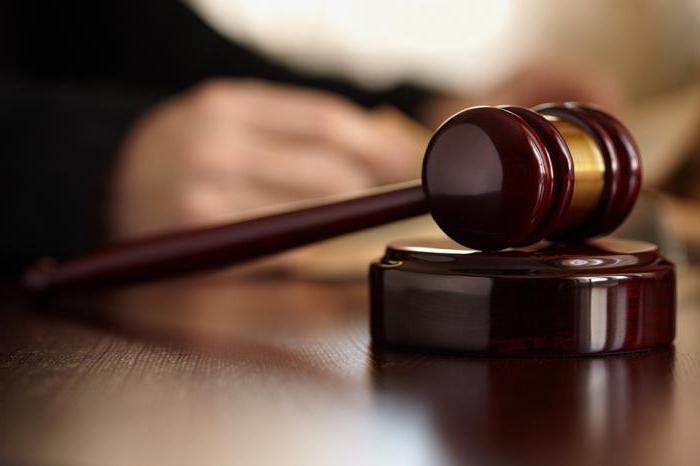
But there is one caveat. The fact is that the supervisory authority is not obliged to submit to the payer any document testifying to their decision. Then the question arises: what to appeal if there is no written evidence? Objections to additional tax control measures must be submitted based on copies of documents that do not contain clear conclusions from the relevant institutions. It turns out that the payer must determine the possible arguments and claims from the tax authorities.
The only thing left for the inspected persons is to hope that they will soon make an amendment to the Tax Code of the Russian Federation, according to which the inspectorates are required to submit their decision in writing. Tax control measures during tax audits should be recorded so that in case of disagreement, payers can rely on something.
Information on the date and place of study of materials
The tax authority is obliged to notify the payer of each step of the audit, and the stage after additional measures is no exception. Therefore, the inspected person must know about the place and date of the hearing of the case, as well as receive information about additional control. In the process of carrying out additional activities, there are two stages of consideration of materials:
- Stage 1, where they examine the materials of verification and objections to it;
- Stage 2, where all received materials are considered, including information on additional activities and objections to them.

If at any stage the taxpayer was not informed of the progress of the investigation, then a higher court has the right to invalidate the final decision of the inspection. In this case, the relevant authority will commit a serious violation of the procedure for reviewing the case file.
Tax control measures should be carried out absolutely transparently. In this case, there will be fewer questions for the inspection, and the payer will know about each stage of the investigation.